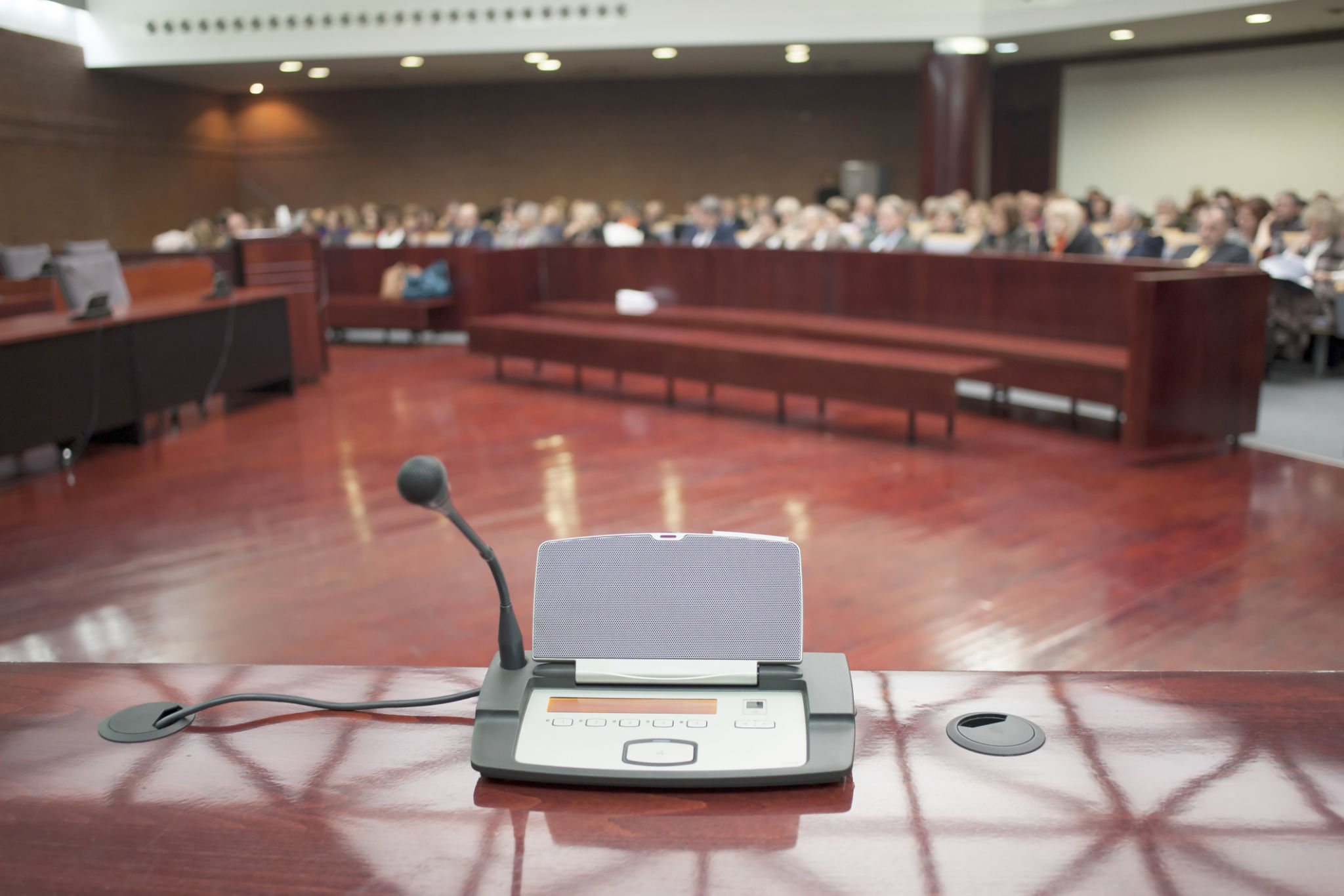Myths About Court Translators: What You Need to Know
Understanding Court Translators
Court translators play a crucial role in the judicial system, ensuring that non-English speakers receive a fair trial by accurately translating legal proceedings. Despite their importance, several myths about court translators persist. In this blog post, we will debunk these myths and provide you with the information you need to understand the value and responsibilities of court translators.

Myth 1: Any Bilingual Person Can Be a Court Translator
A common misconception is that anyone who speaks two languages can serve as a court translator. In reality, court translation requires specialized skills and training. Court translators must have a deep understanding of legal terminology and procedures in both languages. Additionally, they must be certified or qualified by specific agencies or courts to ensure they meet professional standards.
Being bilingual is just the foundation; the ability to interpret legal jargon accurately is what sets professional court translators apart. They must navigate complex legal language and ensure that all parties involved in a legal proceeding understand each other clearly.
Myth 2: Court Translators Only Translate Words
Another myth is that court translators merely translate words from one language to another. This oversimplification overlooks the complexity of their work. Court translators must convey not just words, but also the intent, tone, and context of the original message.

For instance, idiomatic expressions or culturally specific references can pose challenges that require more than a direct word-for-word translation. The translator's role is to preserve the meaning and nuance of the original language while making it comprehensible in the target language.
Myth 3: Court Translators Can Interpret in Any Legal Field
It's a mistake to believe that court translators can handle any legal field without specialized knowledge. Legal cases can cover a wide range of topics, from criminal law to family law to corporate law, each with its own set of terminologies and procedures.
Professional court translators often specialize in specific areas of law to ensure precision and accuracy. This specialization allows them to handle complex cases where understanding detailed legal concepts is crucial for fair representation.

Myth 4: Court Translators Are Always Perfect
While court translators strive for accuracy, expecting them to be flawless can lead to unrealistic expectations. Like any profession, human error can occur. However, professional translators have rigorous protocols in place to minimize mistakes and ensure the highest possible level of accuracy.
Quality control measures, such as peer reviews and continuous training, help maintain high standards. Additionally, many courts offer mechanisms for parties to raise concerns if they believe a translation error has occurred.
The Importance of Professional Court Translators
In conclusion, court translators are indispensable in maintaining fairness in legal proceedings for non-English speakers. By debunking these myths, we hope to enhance your appreciation for their skills and the rigorous standards they uphold in their work. Ensuring clear and accurate communication in the courtroom is essential for justice, and professional court translators are at the heart of this process.